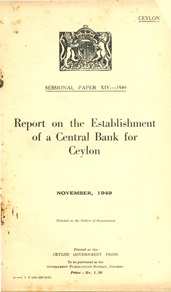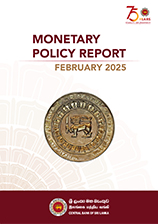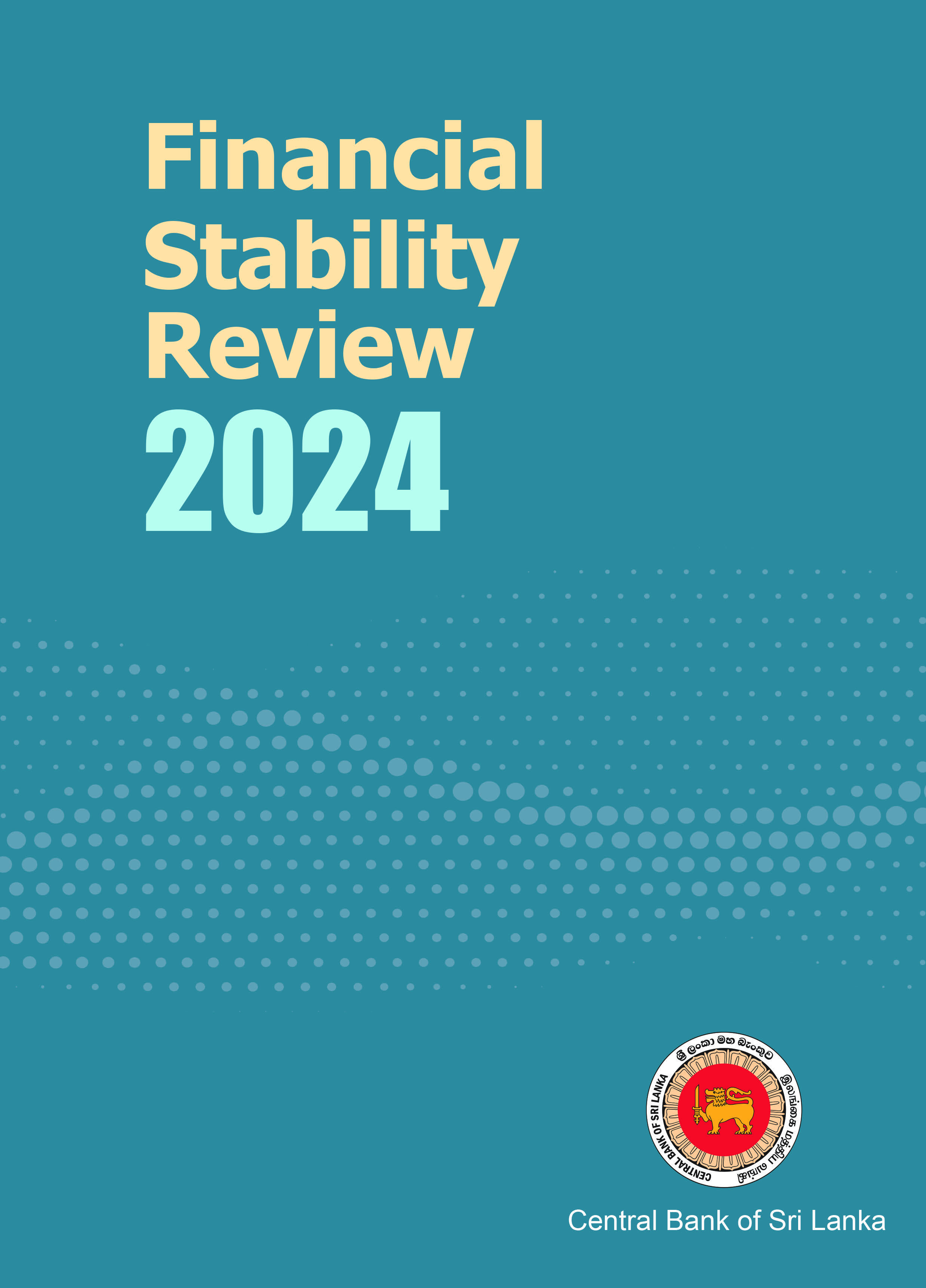On 18 February 2021, the Monetary Board issued Rules in respect of repatriation of export proceeds into Sri Lanka and conversion of such proceeds into Sri Lanka rupees, and also issued Operating Instructions to Licensed Banks on the same. The above Rules and Operating Instructions, which would supplement the repatriation requirement already in place, were issued in order to strengthen the foreign exchange situation of the country and to dampen speculative activity that caused some excessive volatility in the exchange rate. Since issuing these Rules and Operating Instructions, there have been some media reports, which argued that such rules will discourage Sri Lankan exporters from expanding their domestic businesses. These reports also implied that the legitimate earnings of exporters were being usurped by the banking system and the Government.
The Central Bank of Sri Lanka wishes to clarify that many Sri Lankan exporters already repatriate a large share of their foreign exchange earnings into Sri Lanka. These exporters also convert a substantial portion of their foreign exchange earnings to Sri Lanka rupees, in order to meet their domestic payment obligations. Therefore, the requirement to repatriate foreign exchange earnings to Sri Lanka and to convert 25 per cent of these earnings into Sri Lanka Rupees does not exert excessive pressure on exporters. Furthermore, the domestic value addition in export sectors varies from one industry to another, and the requirement to convert 25 per cent of foreign exchange earnings into Sri Lanka Rupees will encourage domestic value addition in any export business that has not yet reached at least this level of value addition. Such repatriation and conversion requirements are not uncommon in other regional economies, which have displayed strong export performance. In fact, the requirements are more stringent in numerous aspects in these countries.
The Central Bank also wishes to emphasise that even after the conversion of 25 per cent of export proceeds, exporters will continue to possess the converted amount in Sri Lankan rupees, while being allowed to utilise the remaining 75 per cent of foreign exchange earnings to purchase imported inputs, to save in foreign currency or for further conversions, at their own free will.
The requirement for Licensed Banks to sell to the Central Bank 50 per cent of export proceeds converted into Sri Lanka rupees by exporters (12.5 per cent of total foreign exchange earnings) has been introduced to ensure that the country is able to build its non-borrowed reserves gradually to a high level. Along with ongoing active efforts and fiscal and monetary policy support to promote foreign exchange earning sectors of the country, such absorption of foreign exchange by the Central Bank would help the country to rely on its own resources instead of foreign borrowing, while strengthening Sri Lanka’s credit profile, enhancing exchange rate stability, and improving the resilience of the economy.










